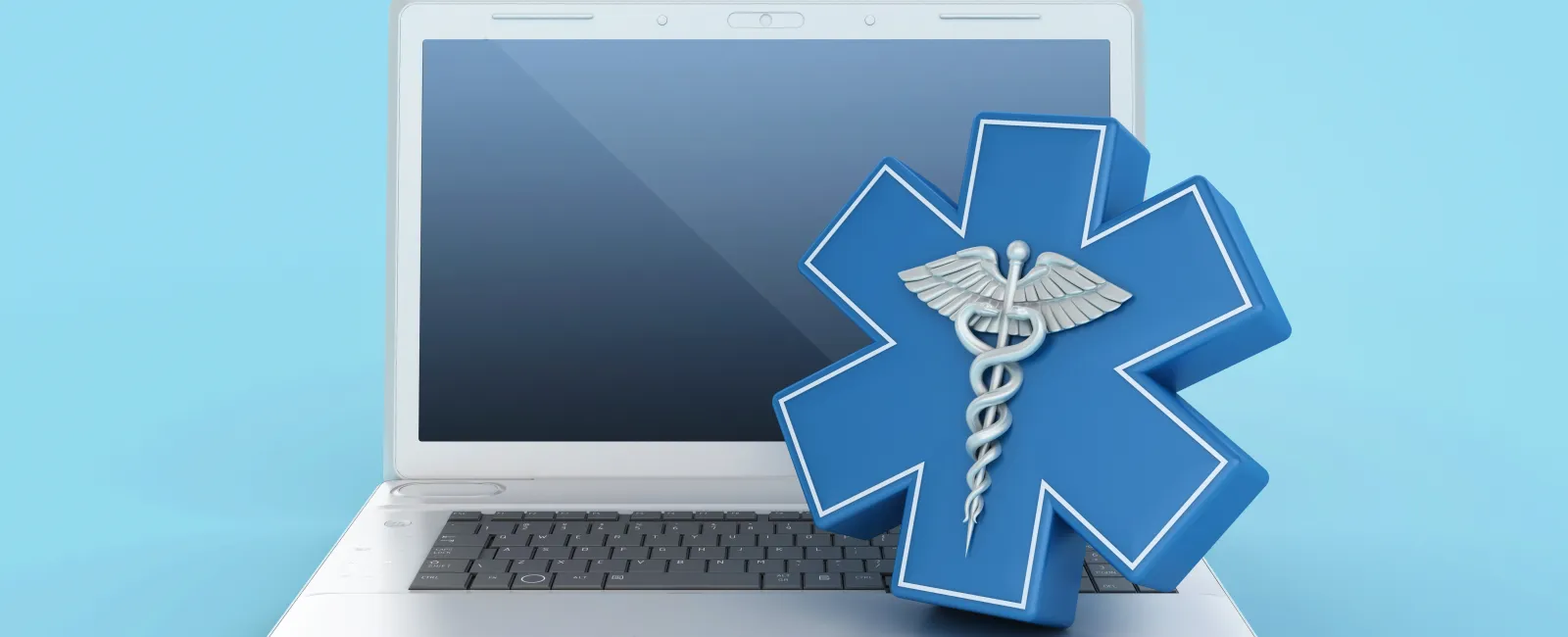In recent months, the alarming cybersecurity breach at Change Healthcare, a health care payment-processing company under the umbrella of UnitedHealth Group, has highlighted a chilling reality: cyberthreats can lurk undetected within our networks, ready to unleash chaos at any moment. The breach, orchestrated by the infamous ALPHV/BlackCat hacker group, saw the attackers lying dormant within the company's environment for nine days before launching a crippling ransomware attack.
This incident, which severely disrupted the US health care system—a network with a substantial cybersecurity budget—delivers an urgent message to all business leaders: a robust cybersecurity system and recovery plan are not optional but essential for every business.
The attack began with hackers exploiting leaked credentials to access a critical application that, shockingly, lacked the protection of multifactor authentication.
Once inside, the hackers stole data, locked it down, and demanded a hefty ransom.
This action stalled nationwide health care payment-processing systems, causing thousands of pharmacies and hospitals to grind to a halt.
Then, the situation worsened.
The personal health information and personal data of potentially millions of Americans were also stolen. The hackers set up an exit scam, demanding a second ransom to avoid releasing this information.
The breach necessitated a temporary shutdown, disconnecting entire systems from the Internet, a massive overhaul of the IT infrastructure, and significant financial losses estimated to potentially reach $1.6 billion by year's end. Replacing laptops, rotating credentials, and rebuilding the data center network were among the actions UnitedHealth Group had to undertake. Beyond financial costs, the impact was deeply human—affecting health care services and risking personal data.
While devastating, this incident is a powerful reminder that threats can silently dwell within our networks, waiting for the perfect moment to strike.
It is not enough to react; proactive measures are essential.
Ensuring systems are secured, implementing multifactor authentication, regularly updating and patching software, and having a recovery plan in place in the event of an attack are steps that can no longer be overlooked—they are basic requirements for doing business in today's world.
Moreover, the notion that "We're too small to be a target" is false. Just because you're not big enough to make national news doesn't mean you're too small to be attacked!
Cybersecurity isn't just an IT issue; it's a cornerstone of modern business strategy. It requires investment, training, and a culture of security awareness throughout the organization.
The impact of a security breach extends far beyond the immediately compromised systems. It can undermine customer trust, disrupt services, and cause significant financial and reputational harm. Ultimately, your business will bear the brunt of the blame.
Reflecting on the lessons from the Change Healthcare incident, it is imperative to prioritize cybersecurity. Investing in robust cybersecurity measures is not merely a precaution; it is a fundamental responsibility to our customers, stakeholders, and future.
In the world of cyberthreats, what you cannot see can indeed harm you. Preparation stands as your strongest defense.
Is your organization secure? If you are uncertain or simply seeking a second opinion, our cybersecurity experts offer a FREE Consult. Schedule yours by clicking here or calling us at 954-327-1001.





